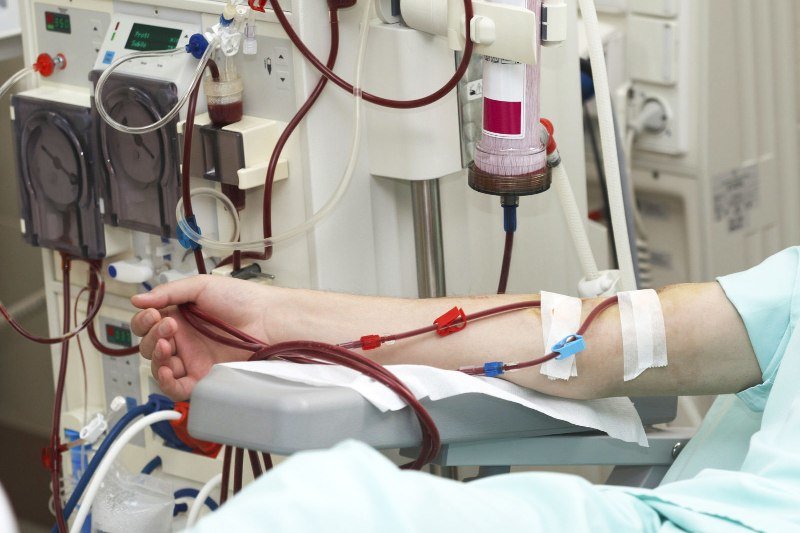IRCS domestically produces dialysis equipment, supplies

TEHRAN — Helal Iran Medical Devices Company affiliated to the Iranian Red Crescent Society has succeeded in producing homegrown equipment and supplies for dialysis patients, Farzad Salaraddini, Helal Iran Medical Devices Company CEO said on Friday.
Fistula needles, dialysis solution, dialysis set, and dialysis filters are included in the package of newly homegrown medical supplies and equipment which will soon hit the market, IRNA news agency quoted Salaraddini as saying.
The main objectives of manufacturing such devices domestically are to prevent currency flow out of the country, transfer of technical know-how, creating job opportunities as well as alleviating the pains of patients suffering kidney diseases, he explained.
Prior to the production of the aforesaid package Helal Iran Medical Devices Company has produced sodium bicarbonate powder bag, hemodialysis needle sets, sodium bicarbonate cartridge, and dialysis solution, he highlighted.
He went on to say that last [Iranian calendar] year (March 2017-March 2018) the company produced 1.8 million dialysis solution and this year the company has set sight on producing 2.1 million filters increasing its share in market to 50 percent.
According to kidney.org, healthy kidneys clean your blood and remove extra fluid in the form of urine. They also make substances that keep your body healthy. Dialysis replaces some of these functions when your kidneys no longer work.
In hemodialysis, a dialysis machine and a special filter called an artificial kidney, or a dialyzer, are used to clean your blood. To get the blood into the dialyzer, the doctor needs to make an access, or entrance, into the blood vessels.
The dialyzer, or filter, has two parts, one for your blood and one for a washing fluid called dialysate. A thin membrane separates these two parts. Blood cells, protein and other important things remain in your blood because they are too big to pass through the membrane. Smaller waste products in the blood, such as urea, creatinine, potassium and extra fluid pass through the membrane and are washed away.
MQ/MG
Leave a Comment